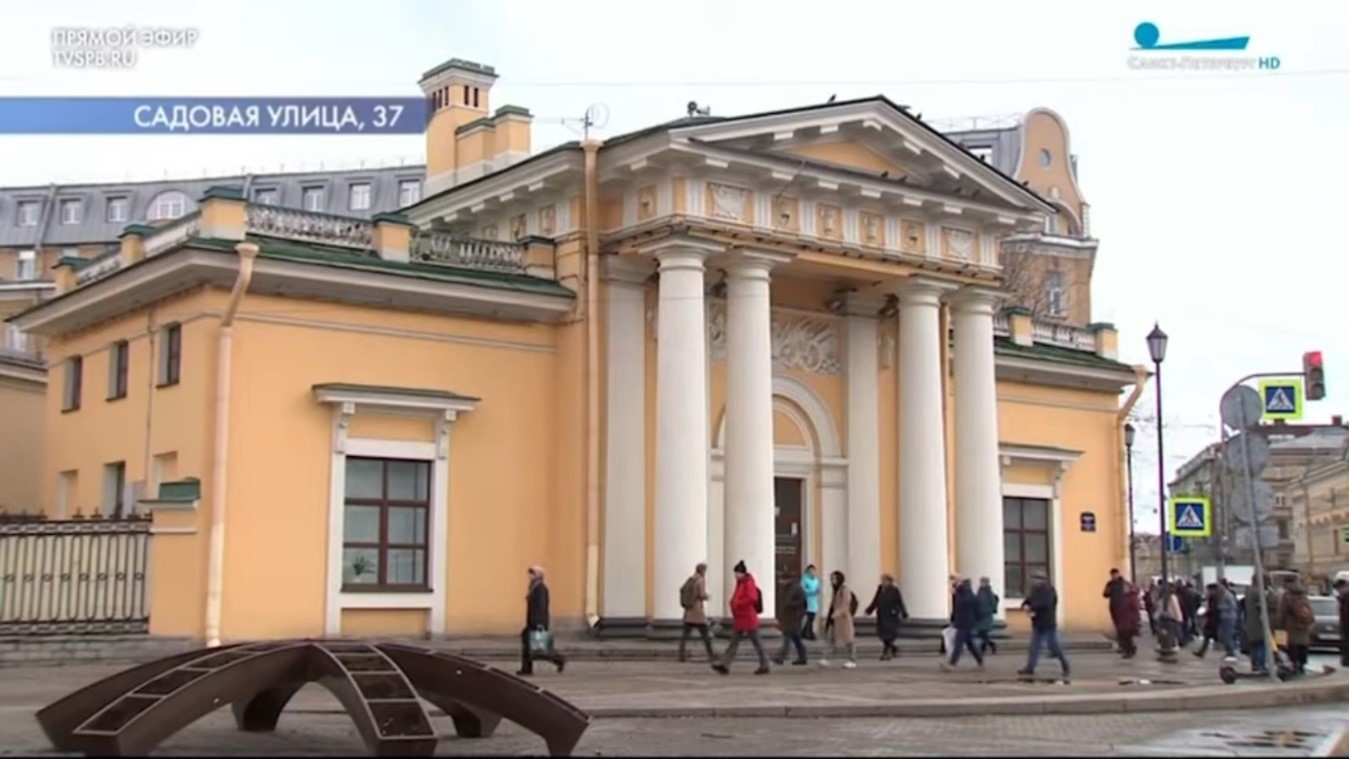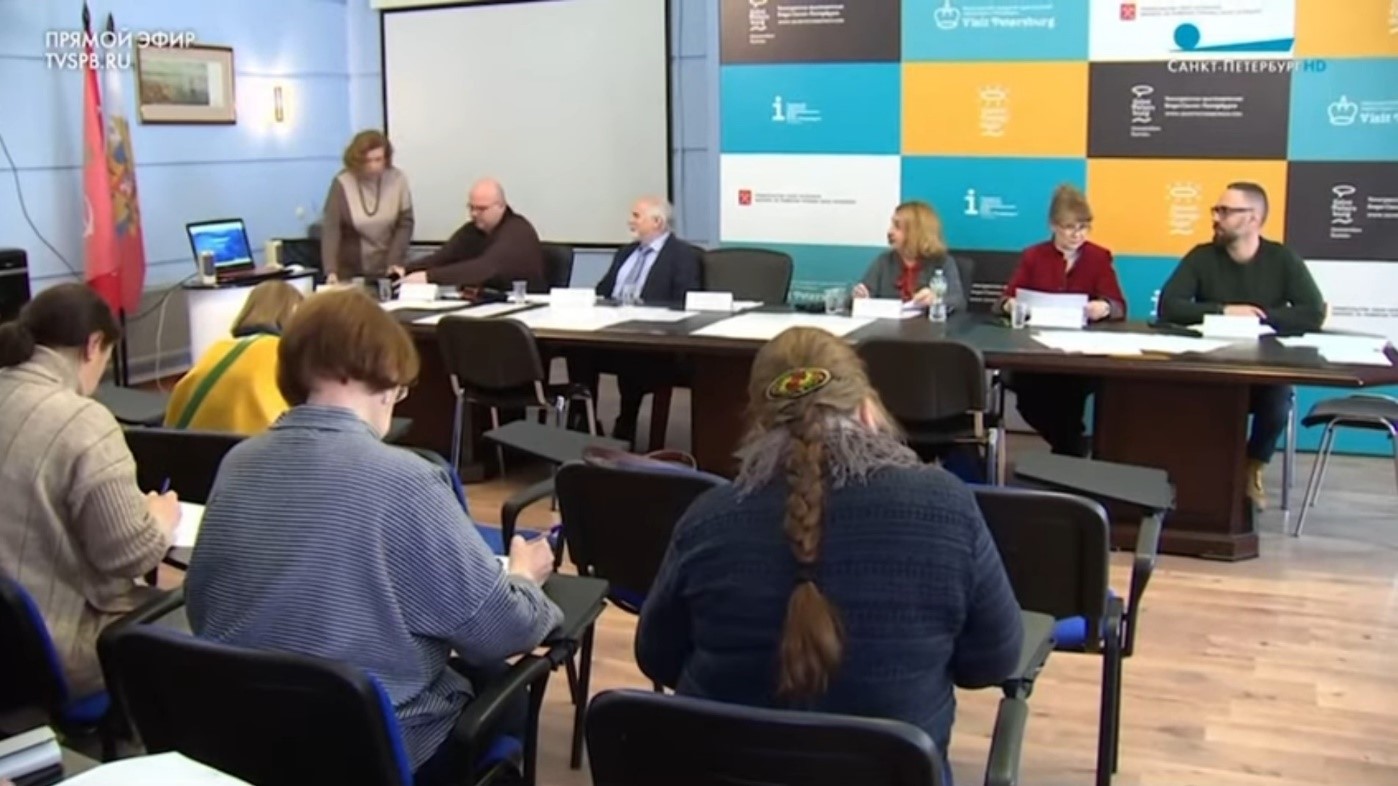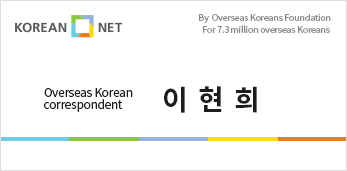Overseas Koreans Platform
- Main page
- Overseas Koreans Platform
- News Room
News Room
- Main page
- Overseas Koreans Platform
- News Room
- Country
- Russia
- Date
- 2023.04.03
Russia implemented a new law for tour guides as of July 1, 2022. Under this law, individuals seeking to work as a tour guide in Russia must pass a qualification test administered by their local government and obtain a certificate. Additionally, the certificate must be renewed every five years, requiring the individual to take the qualification test again.
For Korean travel agencies and guides, the important thing to note is that only Russian nationals are eligible for the qualification. This means that foreigners, even those with work visas, are not allowed to work as tour guides. Despite experts expressing pessimism when the law was first introduced in 2017, it still managed to pass. The Russian Tourist Guides Association, which has been actively advocating for the introduction and passage of this law, claims that it was initially designed to keep Chinese tour agencies and guides in check. These Chinese operators were allegedly making most of the profits through their illegal tour guide activities. The association has made the argument that the Russian tourism industry does not reap many benefits when Chinese tour agencies use Chinese guides, Chinese-operated restaurants, souvenir shops, hotels, and buses. Although this argument is one-sided and may not present the full picture, the law was passed due to public concerns that the Russian economy may become subordinate to China's economy. However, as it is not possible to impose restrictions on a specific country, Russia introduced this law to limit the qualification of tour guides to Russian nationals. The law was intended to regulate Chinese tour guides, but it has affected all foreign tour guides.

Tour Guide Certificate Test Center – City Tourist Information Bureau of St. Petersburg
Source: St. Petersburg (TV channel)
As of now, the law has not been effective due to the pandemic and the Russia-Ukraine crisis. However, as countries around the world begin to reopen their borders, the issue has become controversial again. The test began at the end of last year and is held twice a month. The most recent test took place on March 21. According to statistics, there are approximately 7,000 guides currently working in St. Petersburg. However, there are only 122 applicants for tour guide licenses at present. Based on this trend, it may be challenging to obtain enough qualified license holders before the market fully opens, which could result in event cancellations. Specifically, it is anticipated that it will be even more challenging to find tour guides for less common languages, apart from English, Chinese, Spanish, and German. Regarding Korean tour guides, the number of Russian speakers who also speak Korean has been increasing, thanks to the popularity of Korean culture. However, only a few of them possess sufficient fluency to work as tour guides on tourist sites. It is challenging to ensure that Korean tour agencies provide high-quality services. Koreans filed a petition to the Korean Embassy, asserting that the law restricts their freedom of labor. However, they were only able to hold one meeting with the relevant departments, and no significant changes were made as a result.

Tour Guide Certificate Test Center – City Tourist Information Bureau of St. Petersburg
Source: St. Petersburg (TV channel)
Korean travel agencies are having a tough time dealing with the new regulations. An official of a travel agency stated, "I always knew this would happen eventually. We are planning to learn from similar laws being enforced in other countries." In some European and Southeast Asian countries, they employ local guides who work with Korean guides. While this approach allows for both Korean tour agencies and local guides to be hired, there is still a possibility of illegal activity taking place. An official of another travel agency stated, “We are attempting to resolve the issue by providing training to Russian guides to help them speak Korean fluently.” While this would enable them to comply with the regulations, it could result in Korean guides losing their jobs. Moreover, it is uncertain whether the Russian guides would be able to offer services that meet the customers' expectations.
The travel industry is facing a difficult time due to the pandemic and the international dispute involving Russia. As a result, Korean travel agencies and tour guides are not expecting any post-pandemic benefits. However, a representative of a travel agency said that the law is unlikely to be fully enforced, so the qualification requirements will be relaxed soon In other words, he predicts that it will be possible to extend the qualification from Russian citizens to Russian permanent residents. If it becomes difficult to find guides who speak less common languages, the quality of travel in Russia may suffer, which could lead to a decrease in the number of tourists. To prevent this, Russian tourism authorities may revise their regulations. If they do, the screening process for qualifications will become stricter. This means that guides will need to have a wider and more in-depth knowledge of tourist sites, and only those who are fluent in both Russian and Korean will be eligible. It remains to be seen how Korean tour agencies address this issue in the future.
